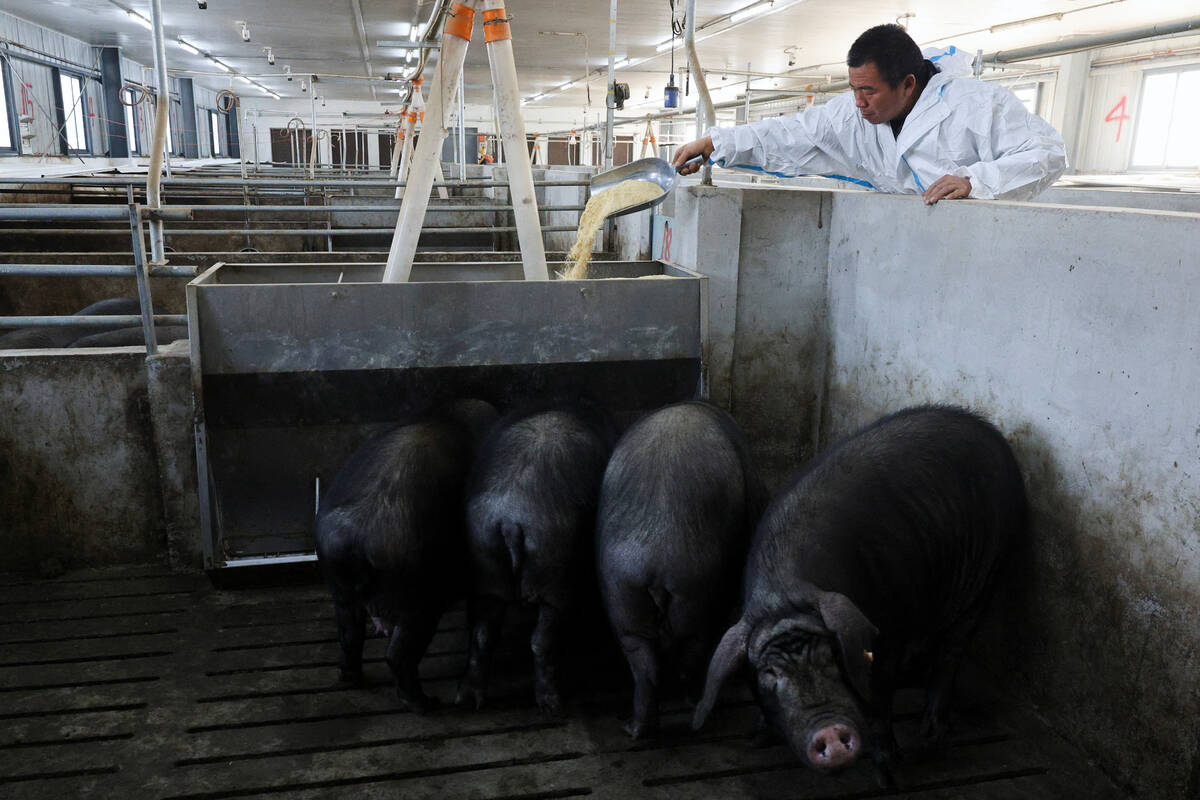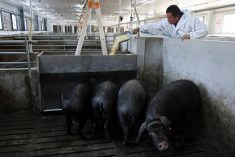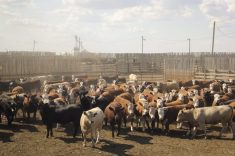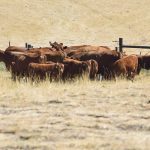Recommendations from the federal government’s independent investigation into the 2008 listeria outbreak will get $75 million in follow-through funds from Ottawa.
Agriculture Minister Gerry Ritz and Health Minister Leona Aglukkaq on Friday pledged the funding for investments in Canada’s food safety system.
As well, they said the government will “act on all 57 recommendations made by independent investigator Sheila Weatherill.”
Weatherill, the former CEO of Edmonton Capital Health, was commissioned in January by Prime Minister Stephen Harper to investigate the outbreak that began the previous August.
Read Also

Disgruntled with Western pork, China wants to go back to black pigs
Demand for black pigs, what has been marketed as the “Wagyu of pork,” known for its fattier and more tender texture, is in turn a lifeline for China’s beleaguered pork producers.
The outbreak involved a specific listeria monocytogenes strain that sickened 57 people in seven provinces from B.C. to New Brunswick, including 41 people in Ontario. The strain was tracked back to prepared deli meats from Maple Leaf Foods’ Bartor Road meat plant No. 97B in Toronto.
Among those 57 cases, as of April 17 this year, the listeria strain in question was ruled to be the “underlying or contributing cause” in the deaths of 22 people, including 16 in Ontario alone.
Weatherill was assigned to investigate the outbreak and assess how federal organizations and their “food safety partners” responded. She released her report publicly in July this year.
“We are making significant investments to hire more inspectors; update technologies and protocols; and, improve communication so that Canadians have the information they need to protect their families,” Ritz said in a release Friday.
“Command structure”
That includes improving co-ordination among federal and provincial departments and agencies, as well as improving communications to “vulnerable populations” before and during any outbreak of a foodborne illness.
That includes formalizing an “incident command structure” to help all partners involved in a disease response to work together under a “common command configuration.”
The government’s list of pledges also includes hiring of 166 new “food safety staff” of which 70 are to be hired and trained to focus on ready-to-eat-meat facilities such as plant No. 97B.
Ottawa also pledged to improve tracking of potential foodborne illness outbreaks through a national surveillance system and to provide “24/7 availability of health risk assessment teams to improve support to food safety investigations.”
The government’s funds are also expected to go toward improved detection methods for listeria monocytogenes and other hazards in food, to reduce testing time and enable more rapid response during food safety investigations, and toward expanding the government’s ability to do additional listeria testing.
The government also said it would move to “strengthen” existing laboratory networks and take further steps toward a national network of “relevant laboratories of food safety partners.”
As well, the government said it would launch a “third-party audit to make sure Canada’s food inspection system has the right resources dedicated to the right priorities.”
An independent auditor, the government said, would review what’s needed to ensure the compliance verification system is “as effective as possible in overseeing the food safety controls applied in meat processing.”
Weatherill’s report outlined an outbreak that fed partly on an “insufficient focus” on food safety in the private and public sector. Advance preparation for such a problem, an appropriate sense of urgency at the outset, and communication to the public and to health professionals were all found lacking, she said.














